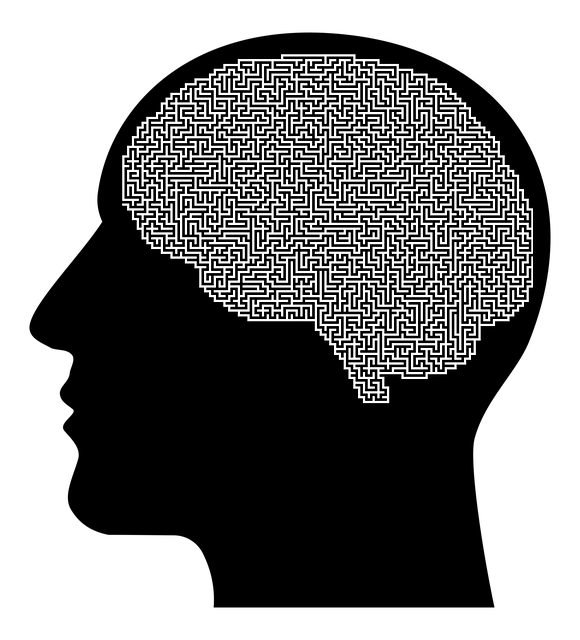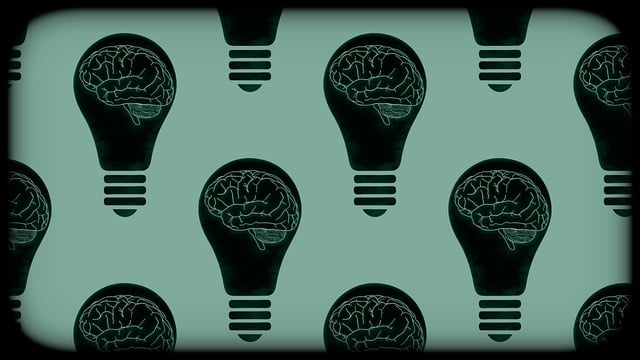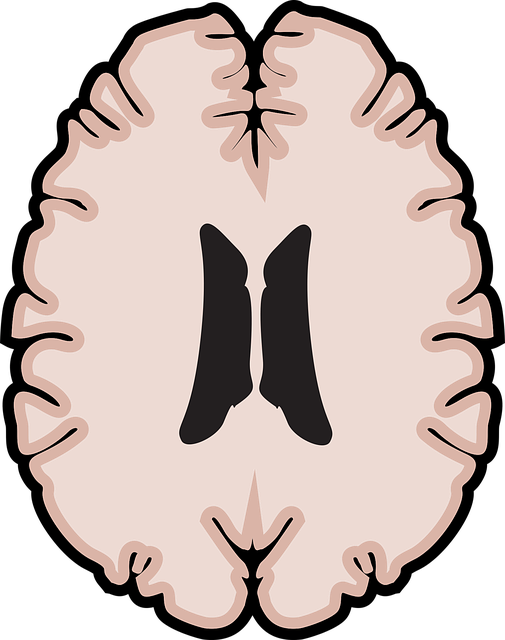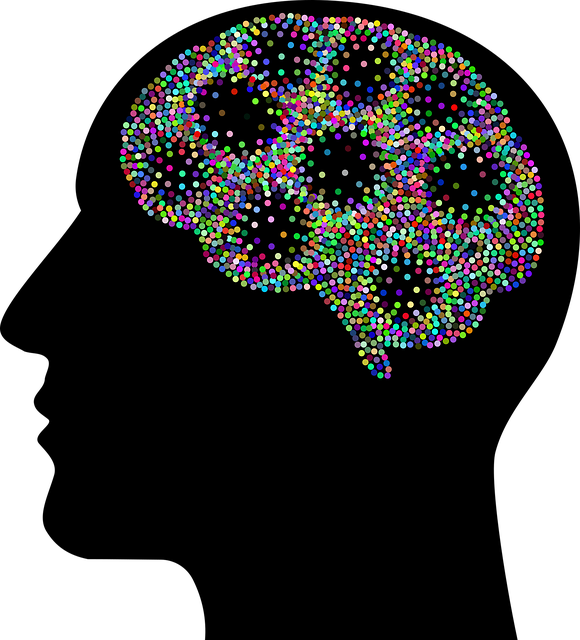Mental illness diagnoses in Wheat Ridge, particularly for Post-Traumatic Stress Disorder (PTSD), involve detailed evaluations by qualified professionals using standardized tools and in-depth interviews. This process identifies trauma sources, severity, and co-occurring disorders. Personalized treatment plans are developed based on individual experiences, triggers, and coping mechanisms, integrating evidence-based therapies like CBT or exposure therapy. Outpatient and inpatient therapy options cater to different needs, with outpatient providing structured sessions outside a hospital and inpatient offering intensive round-the-clock monitoring. Building support systems, conflict resolution skills, and healthy coping mechanisms are vital for healing, along with prioritizing self-care and utilizing available resources like counseling centers.
Mental illness diagnoses can be complex and overwhelming, but understanding the process is a crucial first step. This article guides you through the intricacies of mental health assessments and offers insights into effective therapy options, particularly focusing on Wheat Ridge Post-Traumatic Stress Disorder (Wheat Ridge PTSD) therapy. From professional evaluations to personalized treatment plans, we explore strategies for navigating your recovery journey. Additionally, we highlight support systems and resources that foster continuous healing, ensuring you’re equipped with the knowledge to make informed decisions about your mental health care.
- Understanding Mental Illness Diagnoses: Unraveling the Process
- The Role of Professional Assessment in Wheat Ridge PTSD Therapy
- Creating a Personalized Treatment Plan for Effective Recovery
- Navigating Therapy Options: Outpatient, Inpatient, and Beyond
- Support Systems and Resources for Continuous Healing
Understanding Mental Illness Diagnoses: Unraveling the Process

Understanding Mental Illness Diagnoses: Unraveling the Process
Mental illness diagnoses are complex and multifaceted, requiring a thorough evaluation by qualified professionals. The process often begins with an initial assessment, where healthcare providers gather detailed information about an individual’s symptoms, medical history, and overall well-being. This might involve in-depth conversations, questionnaires, and even physical examinations to rule out other potential causes. For issues like Post-Traumatic Stress Disorder (PTSD), specific criteria must be met according to the Diagnostic and Statistical Manual of Mental Disorders (DSM-5).
In the case of PTSD, for instance, Wheat Ridge therapy centers utilize evidence-based approaches tailored to help individuals process traumatic memories and develop coping mechanisms. This journey doesn’t stop at diagnosis; it’s just the beginning. Emotional well-being promotion techniques, resilience building, and mental wellness coaching programs play a pivotal role in supporting individuals throughout their recovery. These strategies not only aid in managing symptoms but also empower people to navigate their mental health journeys with increased confidence and resilience.
The Role of Professional Assessment in Wheat Ridge PTSD Therapy

In navigating Wheat Ridge Post-Traumatic Stress Disorder (PTSD) therapy, professional assessment plays a pivotal role in ensuring effective treatment and recovery. Skilled mental health professionals employ standardized tools and evaluations to diagnose PTSD, taking into account an individual’s unique history and symptoms. This meticulous process involves detailed interviews, psychological tests, and trauma assessments designed to pinpoint the source and severity of the disorder. By integrating advanced assessment methods, therapists in Wheat Ridge can tailor their approach, addressing specific needs for each patient.
The assessment phase extends beyond diagnosis to guide treatment planning. Professionals identify co-occurring disorders, such as depression or anxiety, that often accompany PTSD, necessitating integrated care. Moreover, assessing a patient’s self-esteem and communication strategies is crucial for fostering a supportive environment. Through comprehensive assessments, therapists gain insights into barriers to healing and develop targeted interventions, including community outreach programs that enhance support networks and promote social connection, ultimately contributing to improved self-esteem and overall well-being.
Creating a Personalized Treatment Plan for Effective Recovery

Creating a personalized treatment plan is a key step towards effective recovery from mental health conditions, including Wheat Ridge Post-Traumatic Stress Disorder (PTSD) Therapy. This process involves understanding the individual’s unique experiences, triggers, and coping mechanisms. By assessing factors like personal history, current lifestyle, and specific symptoms, healthcare providers can design interventions tailored to address the root causes of distress. A customized plan might include a combination of evidence-based therapies, such as cognitive behavioral therapy (CBT), exposure therapy, or group support sessions, integrated with burnout prevention strategies for healthcare providers to ensure sustainability over time.
Mental illness stigma reduction efforts and compassion cultivation practices play a supportive role in this journey. Reducing the stigma associated with seeking help encourages individuals to come forward without fear of judgment. Compassion cultivation teaches both patients and caregivers to approach challenges with kindness and understanding, fostering a nurturing environment that enhances recovery outcomes. Incorporating these elements into treatment plans recognizes the interconnectedness of physical, emotional, and social well-being, ultimately contributing to improved mental health and quality of life.
Navigating Therapy Options: Outpatient, Inpatient, and Beyond

Navigating therapy options can be overwhelming, especially when dealing with mental health challenges like Post-Traumatic Stress Disorder (PTSD). Understanding the various treatment approaches is crucial for making informed decisions about one’s mental wellness journey. Outpatient therapy, a common and accessible option, offers structured sessions typically conducted in a clinic or therapeutic setting outside of a hospital. This approach allows individuals to receive specialized care while maintaining their daily routines, making it ideal for those seeking support without full-time hospitalization.
In contrast, inpatient therapy involves a more intensive and immersive experience, often required for severe cases where round-the-clock monitoring and structured programming are necessary. Wheat Ridge, known for its dedicated mental health services, provides comprehensive outpatient and inpatient programs catering to diverse needs. Additionally, integrating self-awareness exercises into therapy can enhance the healing process by promoting mental health awareness and empowering individuals to actively participate in their journey towards recovery.
Support Systems and Resources for Continuous Healing

Navigating a mental health journey can be daunting, but establishing robust support systems and utilizing available resources are pivotal for continuous healing. For individuals grappling with post-traumatic stress disorder (PTSD), such as those seeking Wheat Ridge PTSD therapy, building a strong network of support is transformative. This includes family, friends, or support groups who provide encouragement, understanding, and practical help. These connections offer a safe space to share experiences, process emotions, and gain different perspectives, fostering a sense of belonging and resilience.
Beyond social support, integrating conflict resolution techniques and cultivating inner strength can significantly contribute to recovery. Learning healthy coping mechanisms, such as mindfulness practices or cognitive-behavioral therapies, equips individuals with tools to manage symptoms effectively. Additionally, prioritizing self-care activities like regular exercise, adequate sleep, and engaging in hobbies helps prevent burnout, a common challenge on the healing path. Resources like counseling centers, online platforms offering mental health support, and community programs dedicated to trauma recovery play essential roles in empowering individuals to take charge of their well-being.
Mental illness diagnoses and treatment navigation can be complex, but with proper understanding and support, recovery is achievable. From professional assessments to personalized treatment plans, navigating therapy options like Wheat Ridge Post-Traumatic Stress Disorder (PTSD) Therapy, and leveraging support systems, individuals can find healing and regain control of their lives. By utilizing the resources discussed in this article, one can embark on a path towards effective recovery and a brighter future.











